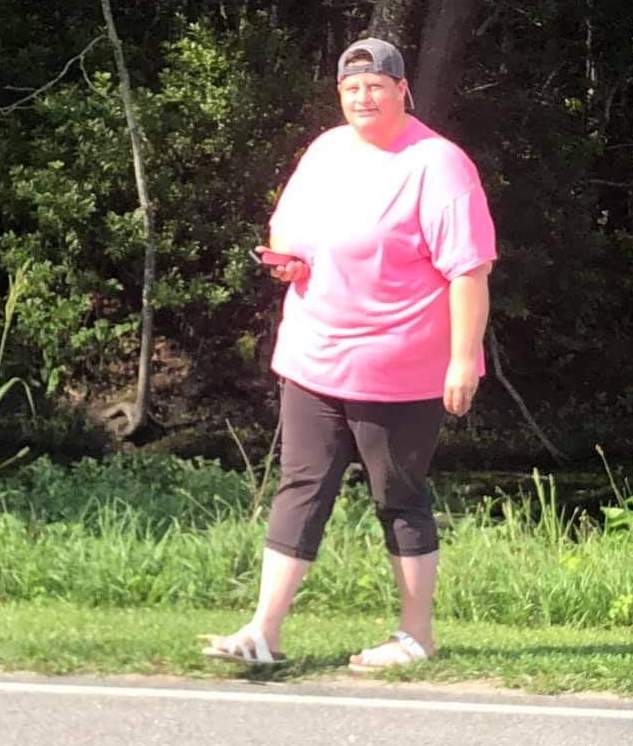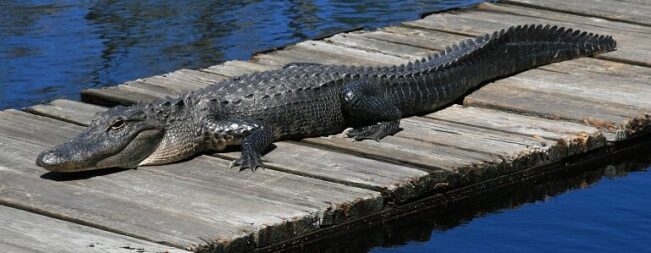• Law enforcement searching for alleged “Gator Woman” after Wednesday incident.
An unidentified woman was seen Wednesday feeding gators at Lake Waccamaw area. Magistrate Brent Lanier posted pictures of the woman and her vehicle in his driveway on Bella Coola Road.

“I look out my front door on Bella Coola and see a car parked in my driveway,” Lanier said. “Then, I observe this lady standing across the road throwing bread to the alligators that hang out in the canal. I walked out there and confronted her about it. She informed me that it was ‘wildlife food’ that she was feeding them.”
Lanier informed the woman that feeding the gators causes them to become comfortable with humans, essentially making the gators look to them as a food source, and it causes problems for the residents. He said he turned over the pictures to local law enforcement, and encourages other residents to do the same if they witness anyone else feeding the gators.
Mindy Wharton of the N.C. Wildlife Resources Commission (WRC) noted in an email Thursday that alligators should be enjoyed, but not fed.
“Alligators are part of the natural fauna in the coastal region of the state, and very seldom pose a threat to humans,” Wharton said in a press release. “However, they can become a nuisance when people intentionally or unintentionally feed them. Alligators’ natural behavior is to fear and avoid humans, but being fed by people teaches them to lose that fear and associate humans with an easy meal. For this reason, feeding alligators is a violation of state law.”
She further explained that people should not feed any other wild animals where alligators live, including ducks, geese, fish, and turtles. Attracting prey animals attracts alligators as well. Anglers can also help by taking their fish scraps, and discarding them in a trash receptacle, rather than throwing them in the water.
Alicia Davis, the WRC alligator biologist, says seeing a gator is not cause for alarm, but there are a few safety tips to avoid negative interactions with the animal.
Be sure to secure pets on a leash, and do not allow them to swim, drink, or exercise in or near the water. Watch children closely, and never leave them unattended near a body of water. Practice caution in and around waters where alligators have been seen, especially between dusk and dawn when alligators are active.
Refrain from approaching an alligator, no matter its size. Davis says.
“I always tell people to enjoy the opportunity to see an alligator in the wild, but view them from a safe and respectful distance.”
Anyone who has an alligator problem, has witnessed wildlife feeding or harassment, or any other violation such as killing or poaching, is encouraged to call 1.800.662.7137 anytime to report the incident. Only an authorized WRC employee or a licensed agent can legally remove gators, even if it becomes trapped in a swimming pool, or wanders into a public road and refuses to move. Under those type of circumstances call the N.C. Wildlife Helpline at 1.866.318.2401. The Helpline is available Monday through Friday, 9 a.m. – 5 p.m.







